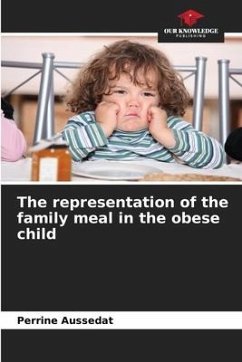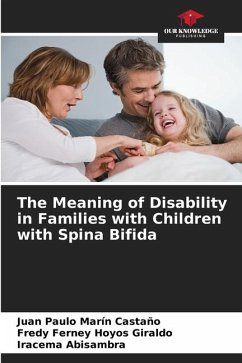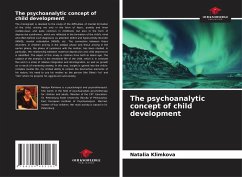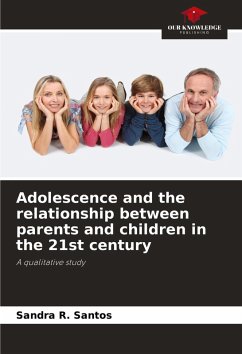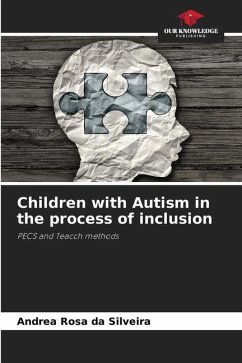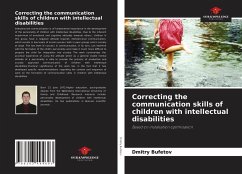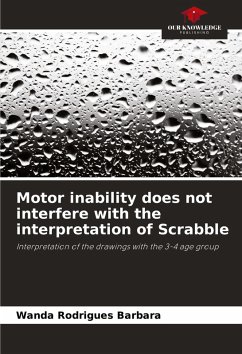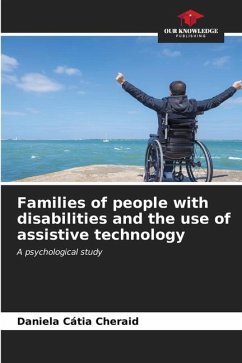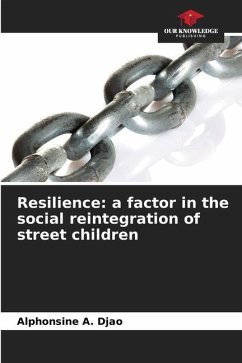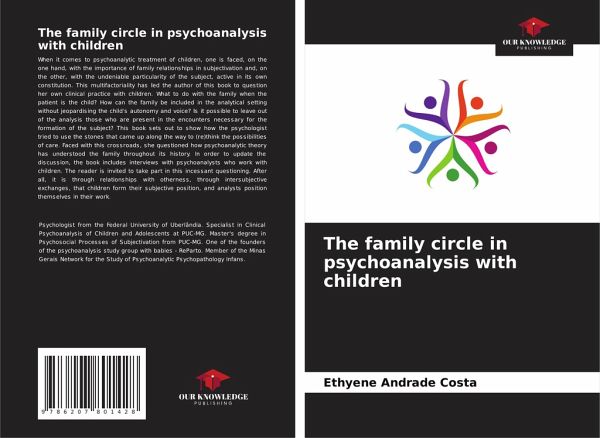
The family circle in psychoanalysis with children
Versandkostenfrei!
Versandfertig in 6-10 Tagen
27,99 €
inkl. MwSt.

PAYBACK Punkte
14 °P sammeln!
When it comes to psychoanalytic treatment of children, one is faced, on the one hand, with the importance of family relationships in subjectivation and, on the other, with the undeniable particularity of the subject, active in its own constitution. This multifactoriality has led the author of this book to question her own clinical practice with children. What to do with the family when the patient is the child? How can the family be included in the analytical setting without jeopardising the child's autonomy and voice? Is it possible to leave out of the analysis those who are present in the en...
When it comes to psychoanalytic treatment of children, one is faced, on the one hand, with the importance of family relationships in subjectivation and, on the other, with the undeniable particularity of the subject, active in its own constitution. This multifactoriality has led the author of this book to question her own clinical practice with children. What to do with the family when the patient is the child? How can the family be included in the analytical setting without jeopardising the child's autonomy and voice? Is it possible to leave out of the analysis those who are present in the encounters necessary for the formation of the subject? This book sets out to show how the psychologist tried to use the stones that came up along the way to (re)think the possibilities of care. Faced with this crossroads, she questioned how psychoanalytic theory has understood the family throughout its history. In order to update the discussion, the book includes interviews with psychoanalystswho work with children. The reader is invited to take part in this incessant questioning. After all, it is through relationships with otherness, through intersubjective exchanges, that children form their subjective position, and analysts position themselves in their work.





